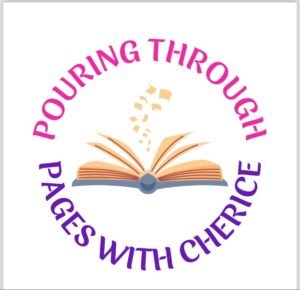The cursor blinks on the blank page. Your hands hover over the keyboard. You know you have a story to tell that could heal others, inspire change, or simply honor your journey. But that story lives in the shadows of trauma, wrapped in pain that makes your chest tight and your breath shallow. Whether you survived abuse, loss, discrimination, illness, or any other life-altering experience, your perspective matters. Your survival matters. And sometimes, the act of writing itself becomes part of the healing journey. Yet trauma has a way of fragmenting our memories, creating resistance through emotional protection, shame, fear of not being believed, perfectionism, and loyalty conflicts. Recognizing these protective mechanisms isn’t about dismissing them. It’s about acknowledging them with compassion while gently moving forward.
Breaking through this resistance requires a strategic approach and self-compassion. Start small and safe by writing about the edges of your story. What happened before the trauma, how you felt months later, or small moments of kindness during recovery. Create a writing ritual with a safe space, manageable time limits, and self-care plans ready for after writing sessions. Try writing in third person first to create emotional distance, use specific prompts to avoid blank page paralysis, and give yourself permission to write badly. Your first draft doesn’t need to be beautiful or complete. Fragments, contradictions, and gaps are all acceptable. The goal is getting something, anything, onto the page while managing your emotional limits through grounding techniques like deep breathing, the 5-4-3-2-1 method, and having trusted support available.
One of the most powerful aspects of writing your trauma story is reclaiming ownership of your narrative. For too long, your story may have been defined by what happened to you, but writing allows you to define what it means to you. You get to decide which parts to tell, how to frame your experience, what lessons to share, and how to honor your survival and growth. This is your story, and you are the expert on your own experience. Consider working with a trauma-informed therapist during this process, as writing can bring up intense emotions and memories that benefit from professional support.
When you find the courage to write through trauma, you’re not just telling your story. You’re giving others permission to tell theirs. Your words might reach someone feeling alone in their experience, inspiring their own healing journey. Every trauma story told helps break the silence and stigma, contributing to a larger tapestry of human resilience. Your story with all its pain, complexity, and ultimate triumph deserves to exist. The world needs your voice, your perspective, your truth. You’ve already survived the hardest part by living through it the first time. Now you’re transforming pain into purpose, survival into story, trauma into testimony. The blank page isn’t empty. It’s full of possibility, strength, and your unique perspective on what it means to be human. Your story is worth fighting for, and so are you.


Writing about trauma can be incredibly challenging, yet it holds the potential for profound healing. Starting with small, manageable steps can make the process less overwhelming. Creating a safe and structured environment for writing can help ease the emotional burden. Remember, it’s not about perfection but about expressing your truth. How can you begin to frame your story in a way that feels empowering to you?